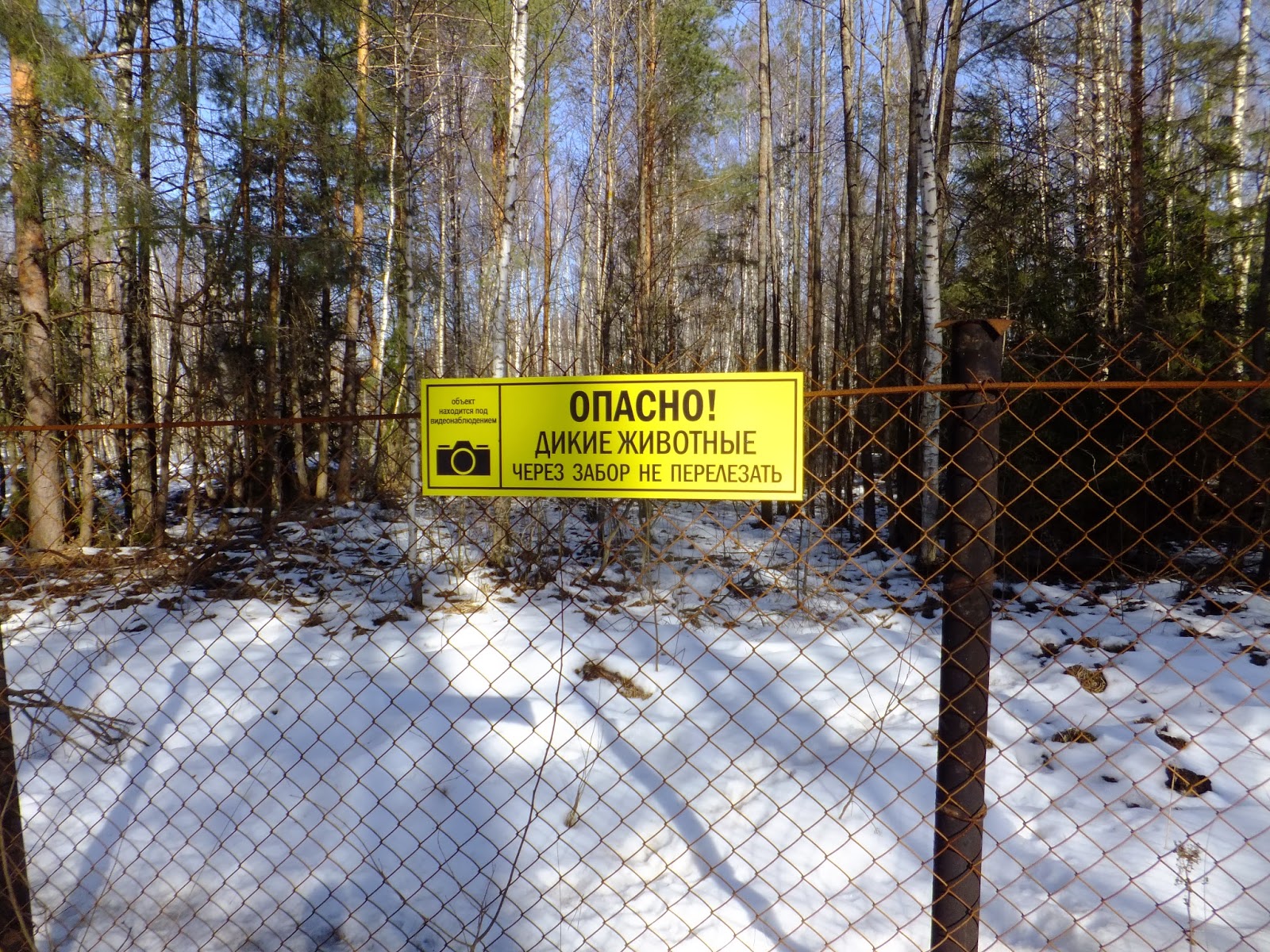Americans always get a bad rap for being uninformed. And, to be honest, we often deserve it: The average American is woefully clueless about current events. Staying informed has become shorthand for checking CNN's top stories on your Iphone while waiting at a red light. That's bad--democracy demands an informed citizenry. We need to do better, America.
But the average Russian isn't any more informed. Now, Russians generally know more about world events (especially European), but that is understandable, given that those events often directly impact Russia. How does the average Russian get his or her news? Newspapers and radio exist, but by and far the most popular news source is television. There are three or four national news channels, and they all are to some degree state-controlled. For an American, at first these news programs seem to be a breath of fresh air: They are much more like The NewsHour with Jim Lehrer than CNN. These programs feature a host and short segments by reporters; there isn't any arguing or competition to bring you the latest. It's just the news.
But then you start to realize that the content, the whole way of doing news is totally different. The news takes on an almost didactic tone--this is what you should know, should believe. Also, the reporting can be almost laughable: Biases are extremely evident; stories aren't followed up on; offhand statements by loosely affiliated people are taken as official fact; and all sorts of cheap, 19-Action-News-at-11-style gimmicks are used (following people to bathroom, chasing down people in their cars to get an interview). More alarming, no attempt is made to show both sides of a story in an even light. If both sides are shown, one side is presented as correct while the other is openly criticized, leaving no doubt what the viewer is supposed to think. This tactic is employed for local stories and for national--and international--ones.
So your average Russian, who watches state TV news every evening in his or her little Soviet apartment kitchen, gets a very distilled version of current events with all the necessary conclusions already drawn. This is what is so scary to me about the Ukraine crisis. Americans and people in western European countries have a smorgasbord of news sources available, most all of which abide by high standards of journalism and present the facts in a more-or-less unbiased manner, allowing the individual to make his or her own decisions.
That doesn't exist in Russia. There is a small independent media, but the vast majority of the country doesn't use it, drawing information from just one or two state-controlled sources. People here in Russia are being fed a very biased, very alarming version of events that has fomented a lot of ill will toward the West. People are angry and aren't going to sit by and watch Ukraine leave Russia's sphere of influence. They have been whipped into a frenzy by news media that doubles as a mouthpiece of state politics. They know--and believe--what they're supposed to. It's still a very Soviet system of information delivery, and now we get to witness first-hand where this will lead. Let's hope cooler heads prevail.











